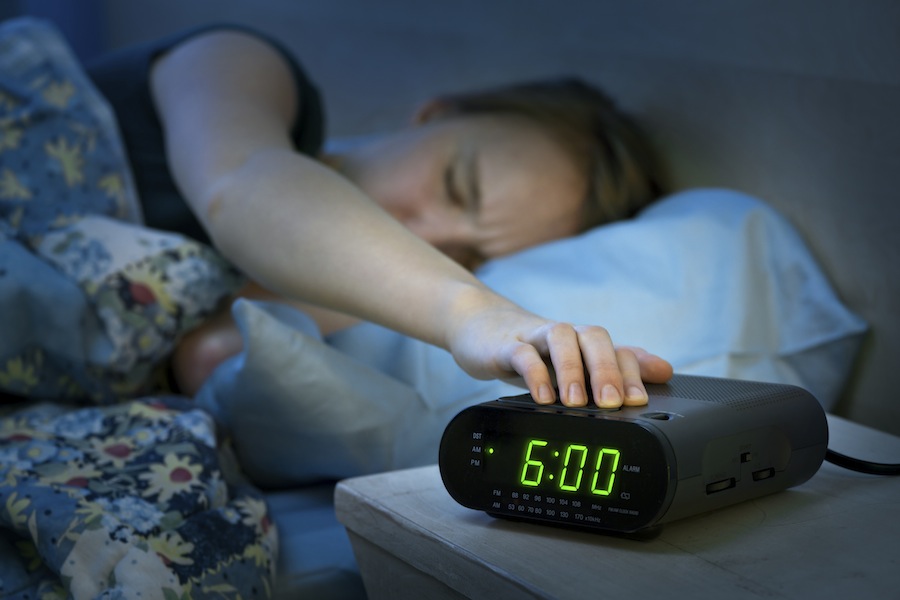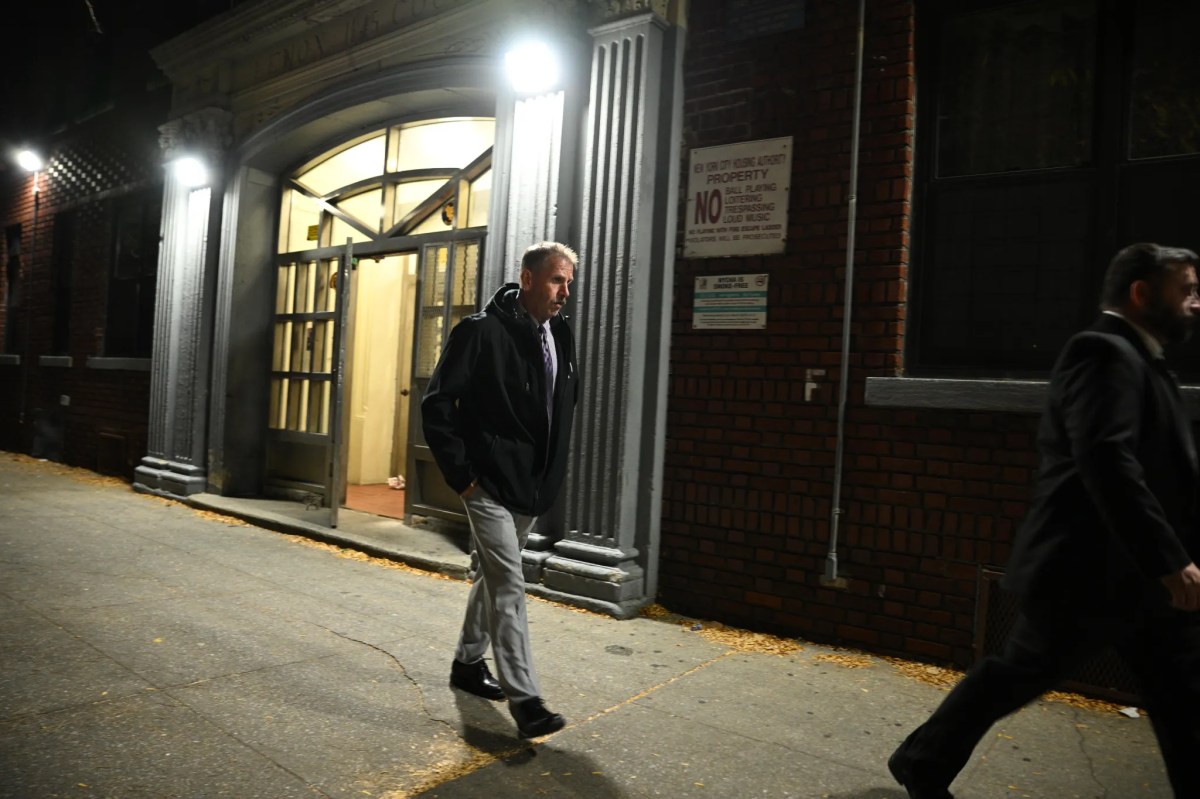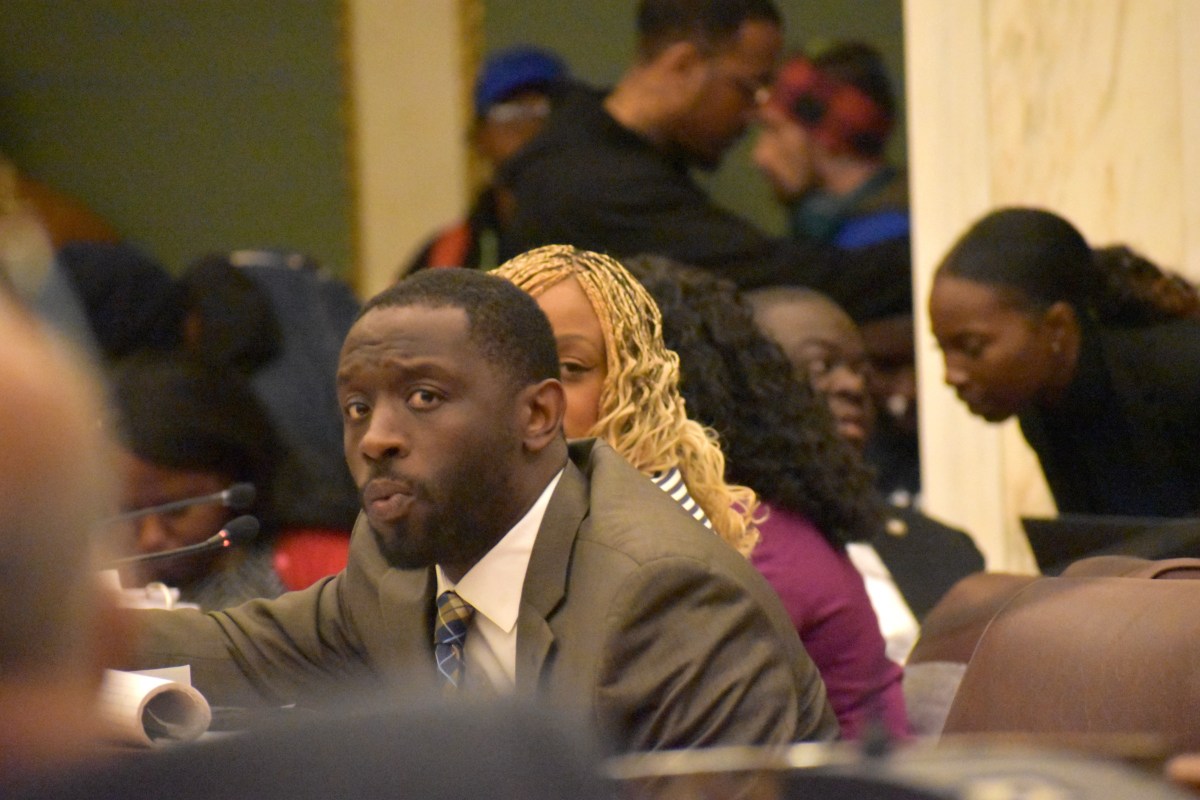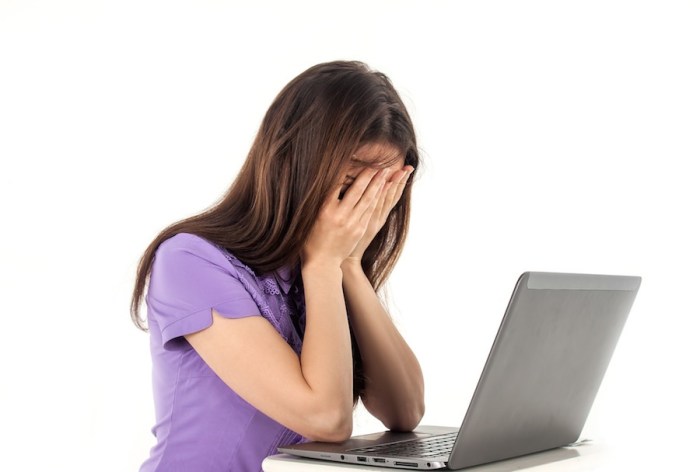This Sunday marks the start of daylight saving time—when we’ll gain an hour of sunlight in the evening, but lose an hour of sleep. As many of us struggle to adjust to the time change, come Monday morning, there will be a lot of snooze button slamming.
According to Apalon, data from itsGood Mornings mobile appshows that“about 56 percent of users who use the snooze option hit snooze each morning three or more times and 31 percent of users set their snooze duration to 10 minutes.” Apalon analyzed data among worldwide users of its app in 155 countries on alarm clock settings, snooze activity and duration, and alarm clock sounds between Jan. 4 and March 4. RELATED:Tips on surviving daylight saving time from a sleep expert “We have millions of users on our Good Mornings app so we’re able to get a detailed look between the sheets to find out how the world sleeps and wakes,” said Aleksei Shkuratov, product manager at Apalon. “Given results of our data, a little more shuteye and waking up with a few gentle nudges is necessary for people to feel more energetic and alert to jump start their day,” he added. This is what was found, according to Apalon:
You snooze, you lose? Not according to more than half of global users. More than half (56 percent) of users who use the snooze button say they hit snooze three or more times each morning before their feet hit the floor. Wake me up, before you go, go. Whether heading off to the office, to drop the kids at school or to head to the gym, 7 a.m. is the most common wake time around the world (19 percent) and another popular time is 6 a.m. Banish the buzz. Many people want options beyond a buzz or a beep, which can start their mornings off on the wrong foot. According to Good Mornings app users, preferences include: Rain (35 percent)
Ocean (29 percent)
Choose their own music (25 percent)
Fireplace (12 percent)
Repeat offender. While the most popular amount of snoozes people use is one time (28 percent), others like to hit that button repeatedly. Users worldwide are hitting snooze two times (16 percent), three times (11 percent), four times (8 percent) and even five times (6 percent). And, yes, there are chronic snoozers; 1 percent of users hit their snooze button a whopping 14 times. Just five more minutes, mom! Like a teenager being nudged to get out of bed, the most common snooze time duration is 10 minutes (31 percent). The next popular time duration is one minute (12 percent) and three minutes (10 percent).
Why you shouldn’t feel guilty about hitting the snooze button

iStock
























